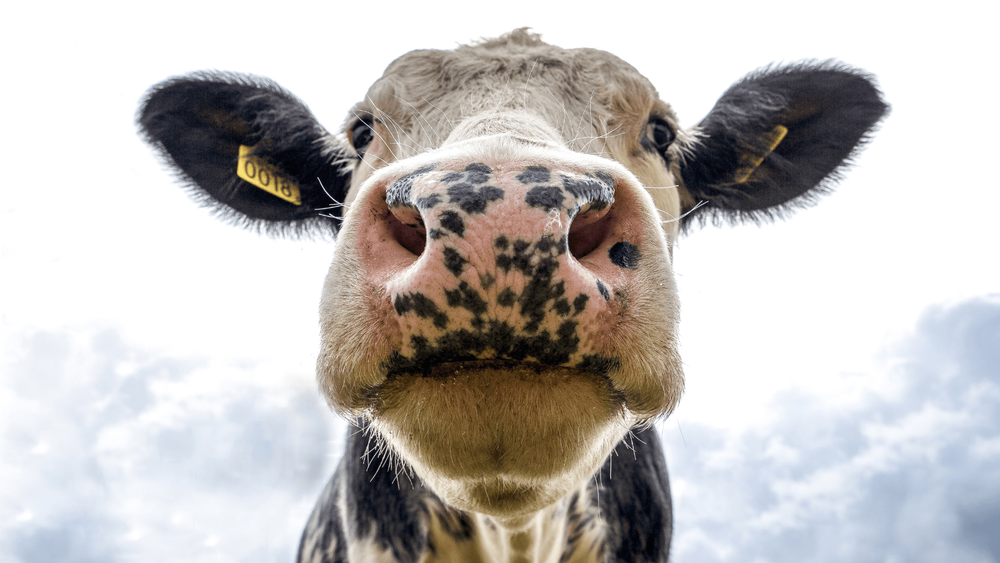How many people are lactose intolerant, and why are they?
The person at the party says “Oh, sorry. I can’t have that. I’m lactose intolerant,” after being offered ice cream. “Sorry, I won’t be able to come. I can’t eat cheese,” says someone that’s just been invited to cheese and wine night.
We all may know someone who is lactose intolerant or heard of it before, but why are some people that way? Why can’t they digest dairy? To understand this a bit further, we have to ask the question, what is lactose intolerance?
Why are some people lactose intolerant?
The NHS describes this condition as “a common digestive problem where the body is unable to digest lactose, a type of sugar mainly found in milk and dairy products.” The symptoms they list for these individuals that do ingest dairy range from bloating and stomach cramps to feeling sick.
It’s the specific type of sugar found in dairy - lactose - that is the issue here, as bodies need to be able to produce the enzyme lactase to successfully break down this very unique type of sugar. Some people produce the enzyme and others don’t, the latter are lactose intolerant.
Lactase is found in almost all infants, it’s how they digest their own mother’s milk. The body stops creating this enzyme after breastfeeding; usually around the age of two.
How many people are lactose intolerant?
With this information in mind, it would be natural to question why only some individuals suffer with lactose intolerance, rather than everyone above breastfeeding age. However, it appears that cultural attitudes towards cow’s milk has had a significant impact on the number of adults who still produce lactase in certain countries.
According to the World Population Review, the majority of adults of European descent still produce lactase. Countries like Norway, Ireland and the United Kingdom house a population where more than 90% can digest dairy. Other Western countries outside Europe, but with a high number of European descendants, like New Zealand and parts of the USA, also have a low number of lactose intolerant individuals.
On the other hand, vast swathes of places like Asia and Africa are almost completely lactose intolerant. Those from places like Ghana and South Korea have an almost 100% chance of being lactose intolerant.
It appears that those that turned to dairy as a viable food source up to five thousand years ago, developed and passed on the ability to successfully digest lactose down through the generations. The cultures and countries who didn’t actively consume milk regularly enough, had no need to develop this trait. It’s for this reason, that we see such a contrast between certain parts of the world, even in the modern day.
An argument for or against veganism?
If you don’t struggle to digest dairy, surely that is an argument to still seek it out as part of a balanced diet, right? Even if you ignore the climate and animal rights issues faced when consuming dairy products, the fact that some can digest dairy and others can’t, is still most likely an argument for veganism.
Though there is much debate around the topic, it’s often stated that the human being’s natural lactose intolerance is an indicator that the body does better without it. Humans are the only mammals to continue drinking milk into adulthood and are certainly the only ones to consume the milk of another species. This, coupled with the health concerns surrounding dairy, suggest that it isn’t a product that should be in a human body.
Many cultures around the world have had a long relationship with dairy and still do to this day. With so many plant-based alternatives available now though, and a better understanding of both the industry and the product itself, is it time to break it off with dairy for good?
